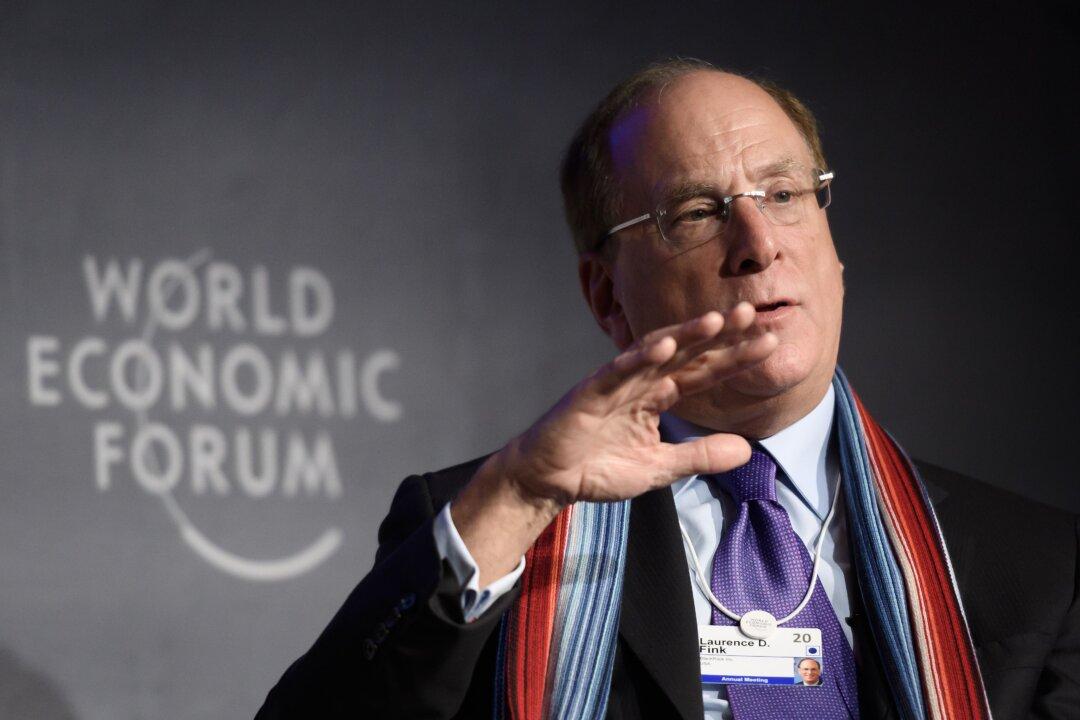WASHINGTON—BlackRock has come under criticism from U.S. senators who see a double standard in the way the world’s largest asset manager invests in Chinese versus American companies, and assert the firm is “appeasing the Chinese Communist Party.”
Sens. Kevin Cramer (R-N.D.) and Martha McSally (R-Ariz.) sent a letter to BlackRock CEO Larry Fink on June 15, asking him to explain the asset management firm’s investment strategy, which the senators say favors Chinese companies.





